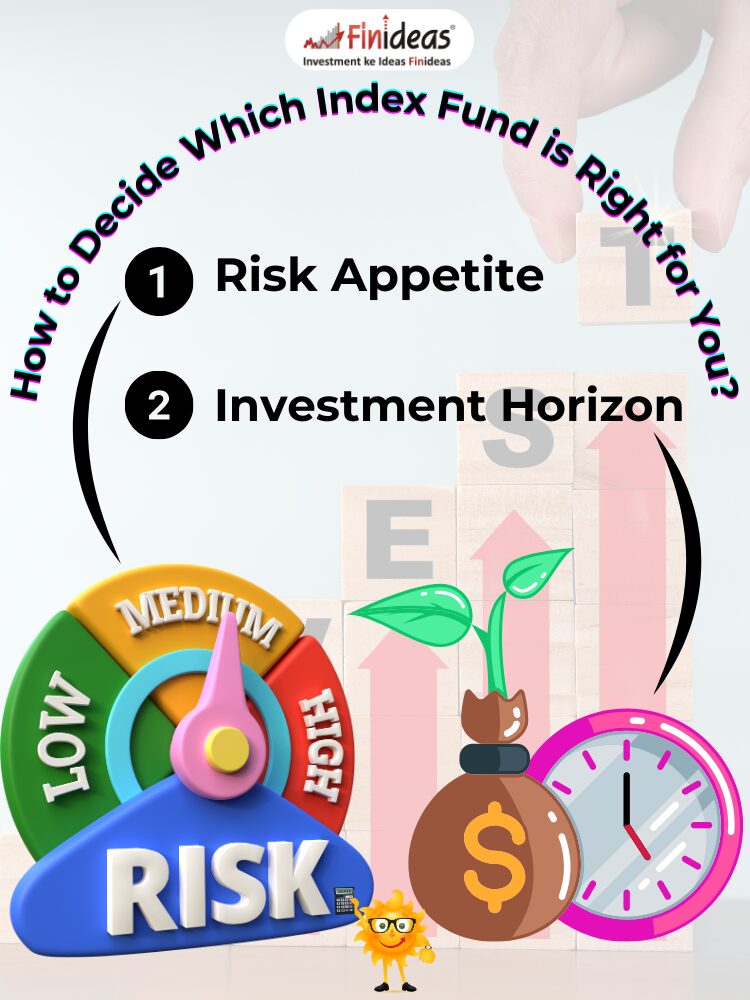NIFTY 50 vs. Other Index Funds: In Which it should be Invested?
What is the NIFTY 50 Index?
The NIFTY 50 is one of India’s premier stock market indices. But what exactly does it represent? It comprises the 50 most significant and liquid stocks listed on the National Stock Exchange (NSE). These companies span across various sectors, offering a diversified portfolio within a single index.
Why Consider Investing in the NIFTY 50?
- Diversification: The NIFTY 50 includes companies from different sectors, spreading out risk.
- Performance: Historically, the NIFTY 50 has delivered robust returns. For instance, over the last decade, the NIFTY 50 has provided an average annual return of around 10%.
- Market Representation: It represents the overall market performance, making it a good indicator of economic health.
What are Other Popular Index Funds?
- S&P BSE Sensex: This is another major index in India, comprising 30 well-established companies listed on the Bombay Stock Exchange (BSE).
- NIFTY Next 50: It includes the next 50 largest companies after the NIFTY 50 on the NSE.
- Sector-Specific Index Funds: These funds track specific sectors like IT, Pharma, or Banks.
How Do the Returns of NIFTY 50 Compare to Other Index Funds?
- NIFTY 50 vs. S&P BSE Sensex: Both have shown similar performance over the years, but slight differences exist due to the number of stocks and sectors represented.
- NIFTY 50 vs. NIFTY Next 50: The NIFTY Next 50 can sometimes offer higher returns due to the potential growth of emerging companies but also comes with higher risk.
For example, in 2023, the NIFTY 50 returned approximately 12%, while the NIFTY Next 50 offered around 15%.
What are the Costs Involved in Investing in Index Funds?
- Expense Ratio: This is the fee charged by the fund for managing your investment. NIFTY 50 funds typically have a lower expense ratio compared to actively managed funds.
- Tracking Error: This is the difference between the fund’s performance and the index it tracks. Lower tracking error is preferable.
How to Decide Which Index Fund is Right for You?
- Risk Appetite: If you prefer stable returns with lower risk, the NIFTY 50 might be suitable. For higher risk and potentially higher returns, consider the NIFTY Next 50.
- Investment Horizon: Longer investment horizons can benefit from the compounding effect, making index funds a good option. If you are investing for the long run you must know about Index Long Term Strategy.
What is the Best Way to Start Investing in Index Funds?
- Research: Understand the different index funds and their performance.
- Choose a Fund: Select a fund that aligns with your investment goals.
- Open an Account: You can invest through a brokerage account or directly with the fund provider.
- Monitor Your Investment: Keep track of your investments and adjust as needed.
What factors are most important to you when choosing an index fund? Comment below!
Happy Investing!
This article is for education purpose only. Kindly consult with your financial advisor before doing any kind of investment..


